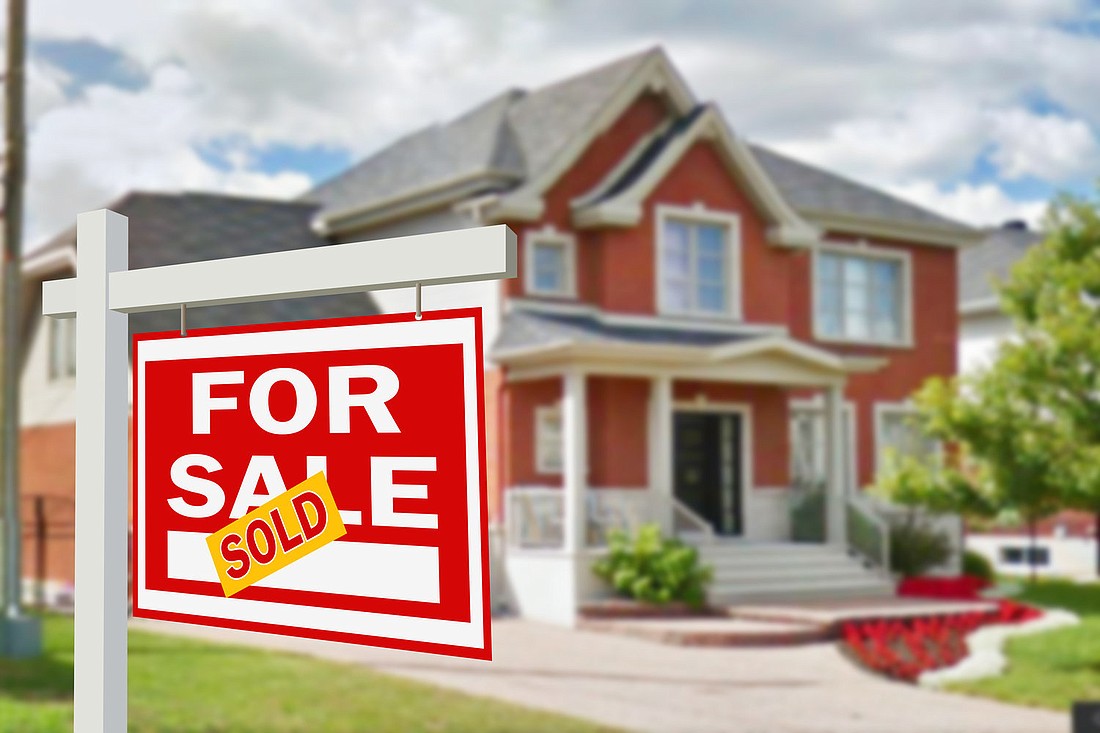
Good news for owners of residential properties: Jacksonville is seeing some of the highest increases in home prices and rental rates in the nation, according to two reports released last week.
First American Financial Corp.’s Real House Price Index for Jacksonville rose 14.3 percent from April 2017 to April 2018, the third-highest increase in the country.
The only markets with bigger year-over-year increases were San Jose, California, at 23.9 percent, and Las Vegas at 18.2 percent.
Meanwhile, a report by real estate technology and analytics firm RealPage Inc. found the monthly effective rent for an apartment in Jacksonville rose at an annual rate of 4.9 percent in the second quarter, also the third-highest increase.
Only Orlando, with a 6.6 percent increase, and again Las Vegas, with a 5.8 percent increase, rose more.
Of course, good news for property owners isn’t so great for people searching for a place to live.
Title insurance company First American’s index measures housing prices in relation to consumers’ ability to buy homes, so an increase in the index means houses were less affordable.
The index combines trends in home prices with changes in household income and mortgage rates to determine affordability.
Nationally, home prices rose by 10.4 percent in the 12 months through April, while mortgage rates rose by 6.6 percent and household income rose 2.9 percent, First American said.
That led to an 8.8 percent increase in its Real House price index.
“It is not surprising that unadjusted house prices have increased so much,” First American Chief Economist Mark Fleming said in a news release.
“Demand for residential real estate, along with a nationwide shortage of supply, has led to a historically tight inventory of homes for sale, which leads to quickly rising house prices,” he said.
The good news is while household income didn’t keep up with the rise in home prices in April, the trend has been more positive since home prices began rising in 2011.
“House-buying power, how much one can buy based on changes in income and interest rates, has benefited in recent years from a decline in mortgage rates and the more recent slow, but steady, growth of household income,” Fleming said.
First American’s index of nominal home prices show Jacksonville prices, without adjustment for affordability, rose 6.48 percent in the 12 months through April.
The index shows actual home prices have been rising steadily since 2011 but the values have not fully recovered from the market collapse that began more than a decade ago.
The April index for Jacksonville was 19.37 percent below its May 2006 peak.
Demand for apartments also is tight.
RealPage said the national apartment occupancy rate is 95 percent, and Jacksonville is in line with the rest of the country at 94.9 percent at midyear.
Annualized rent levels have increased for 32 consecutive quarters, after a national year-over-year increase of 2.3 percent in the second quarter, the firm said.
But on the bright side for renters, the rate of growth is slowing, it said.
RealPage also said rent growth tends to peak in the second quarter.
“Even though demand generally holds up through late summer, by August or September there’s a tendency to position rents more conservatively in order to fill as many units as possible before the seasonal slowdown in leasing begins,” RealPage Chief Economist Greg Willett said in a news release.